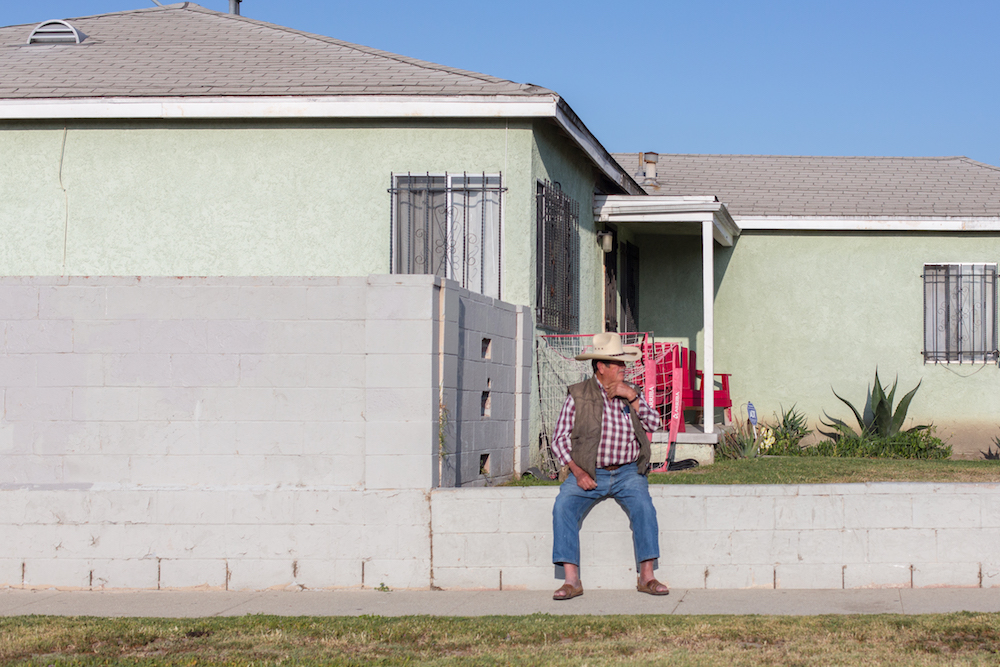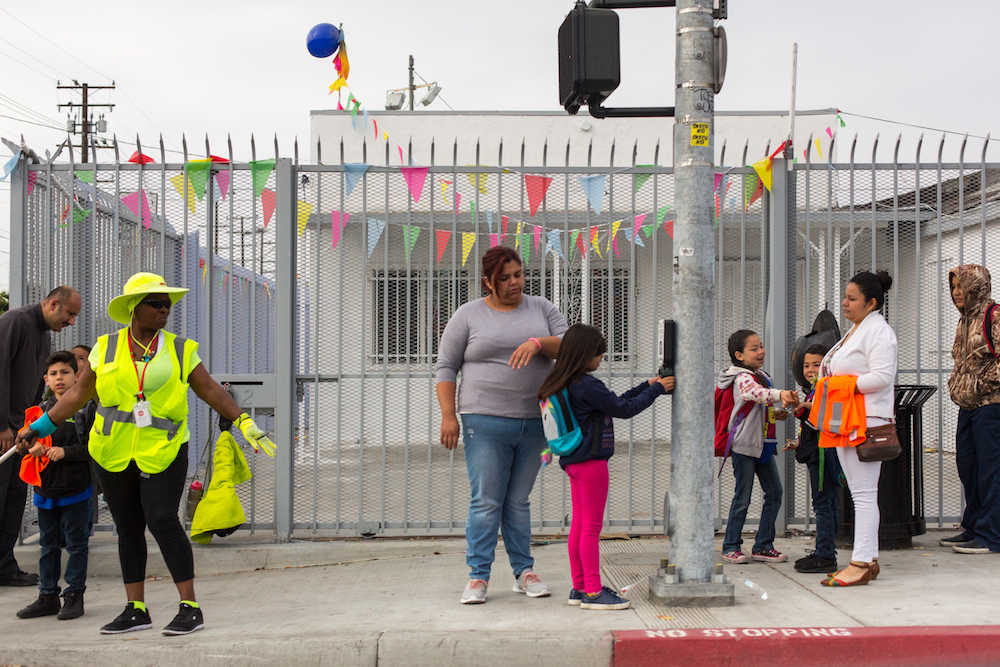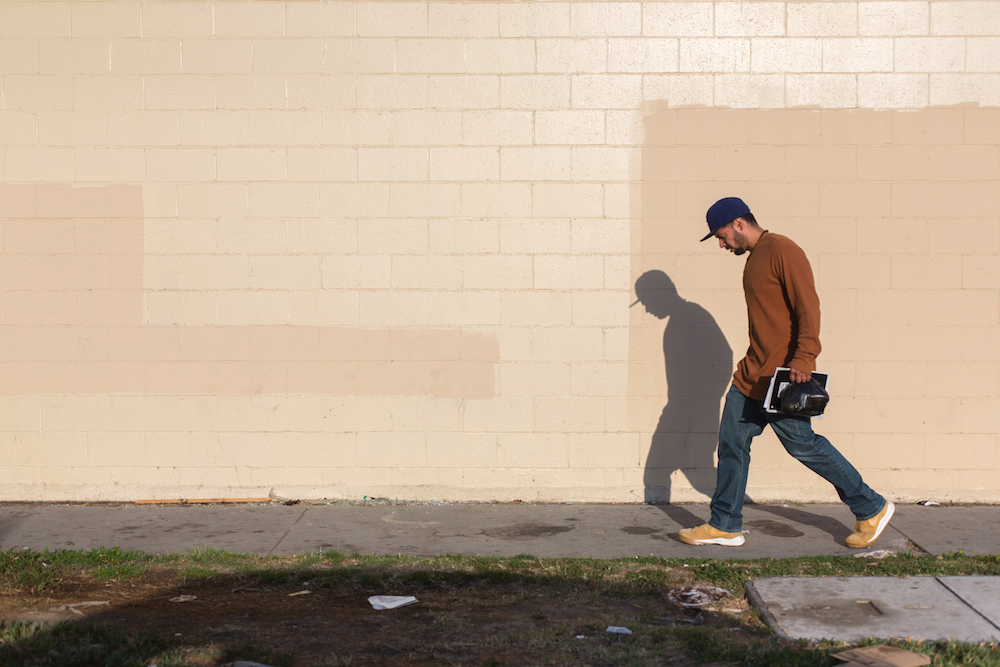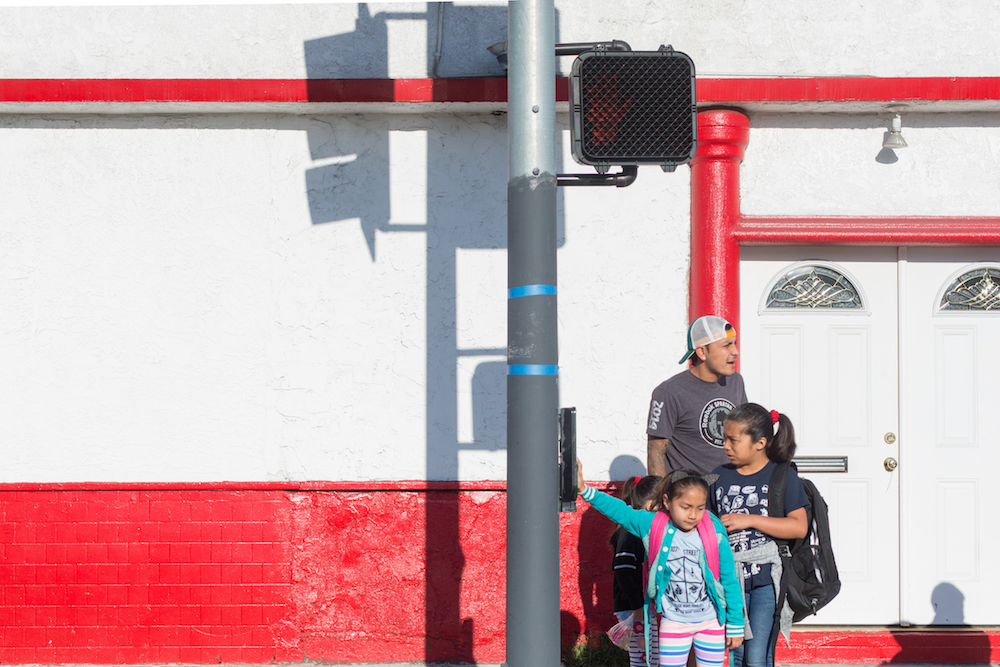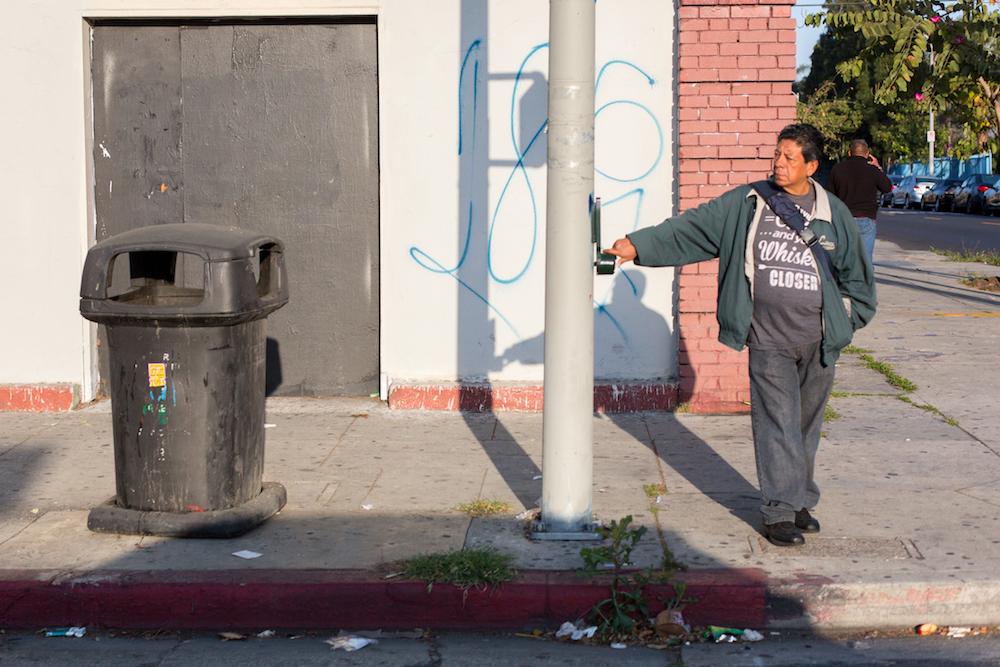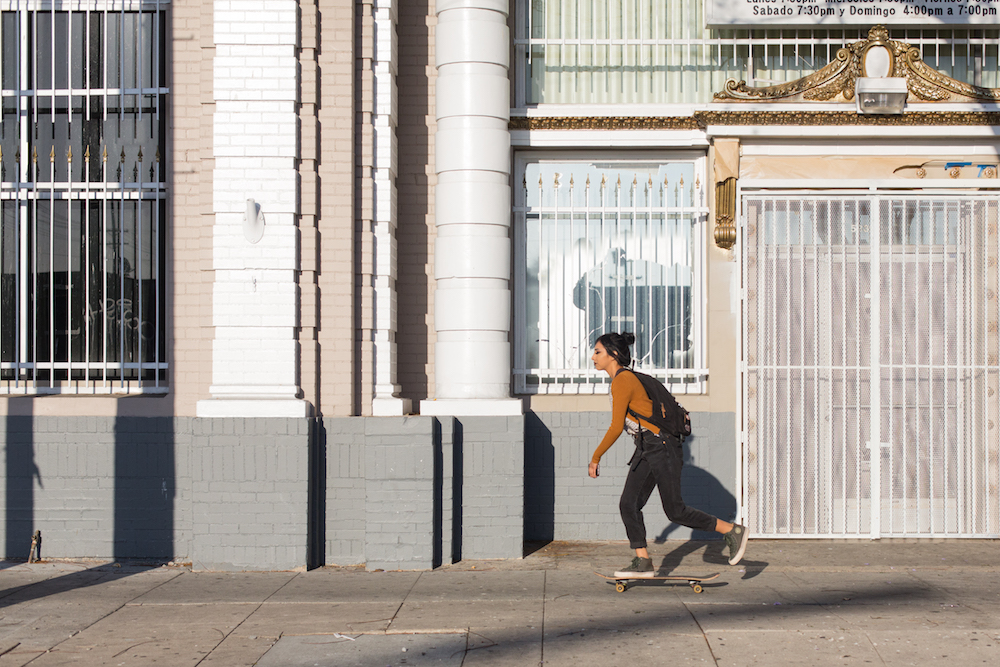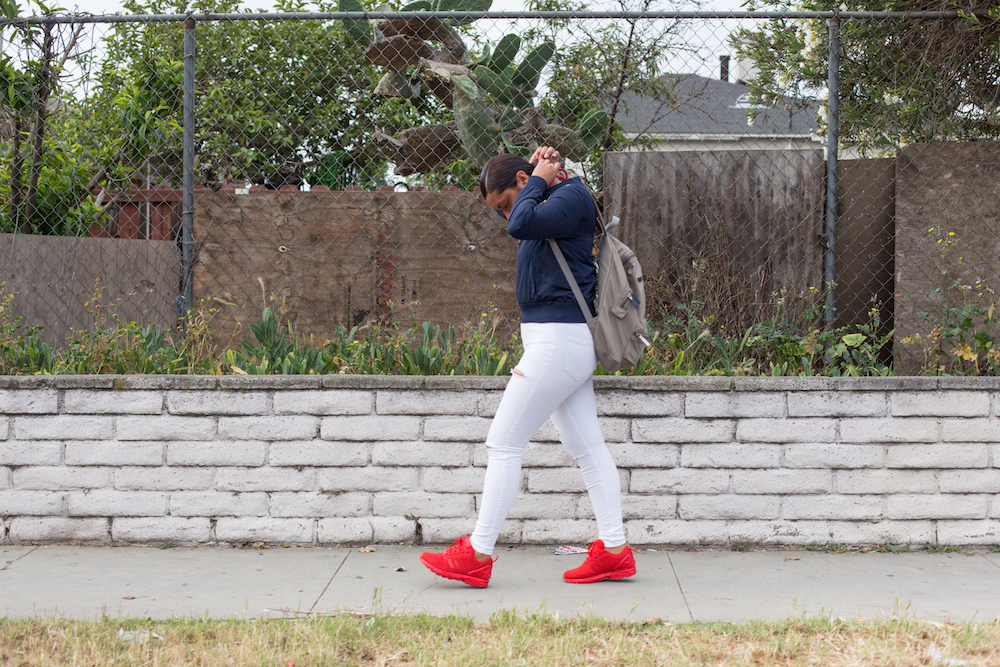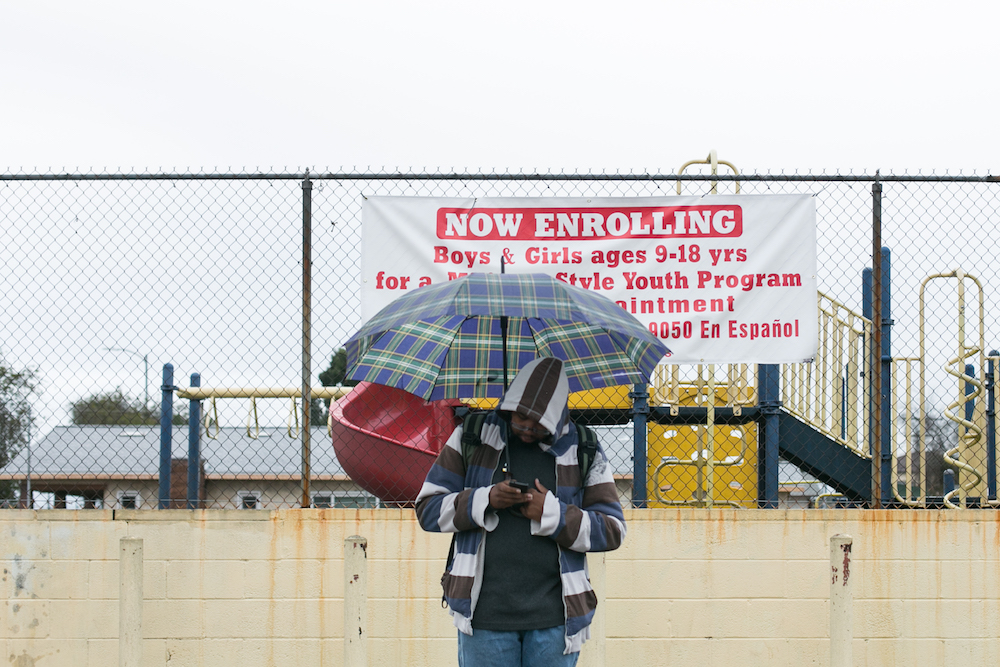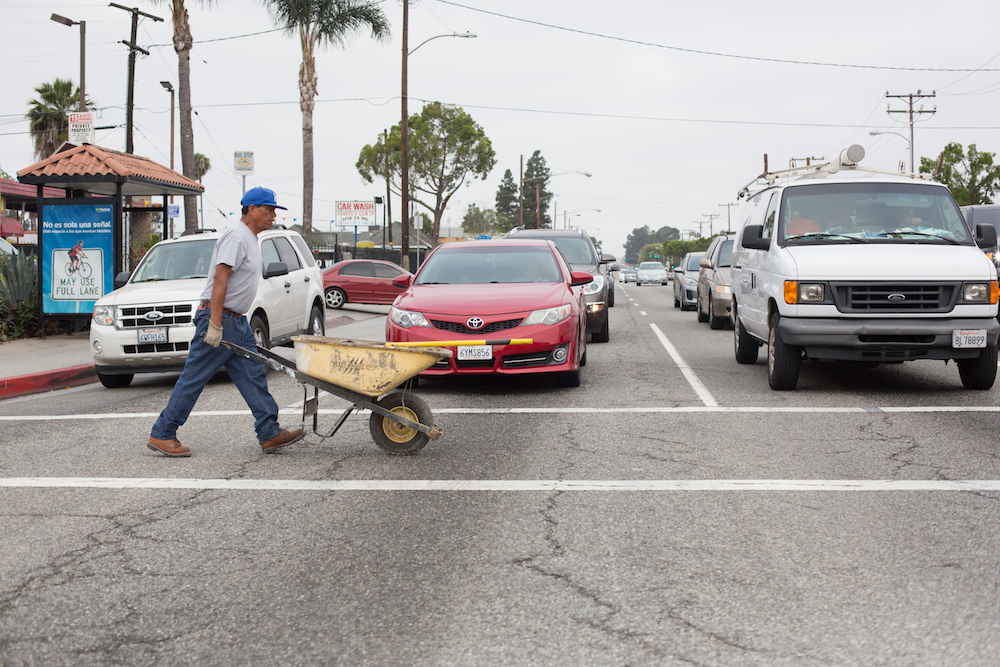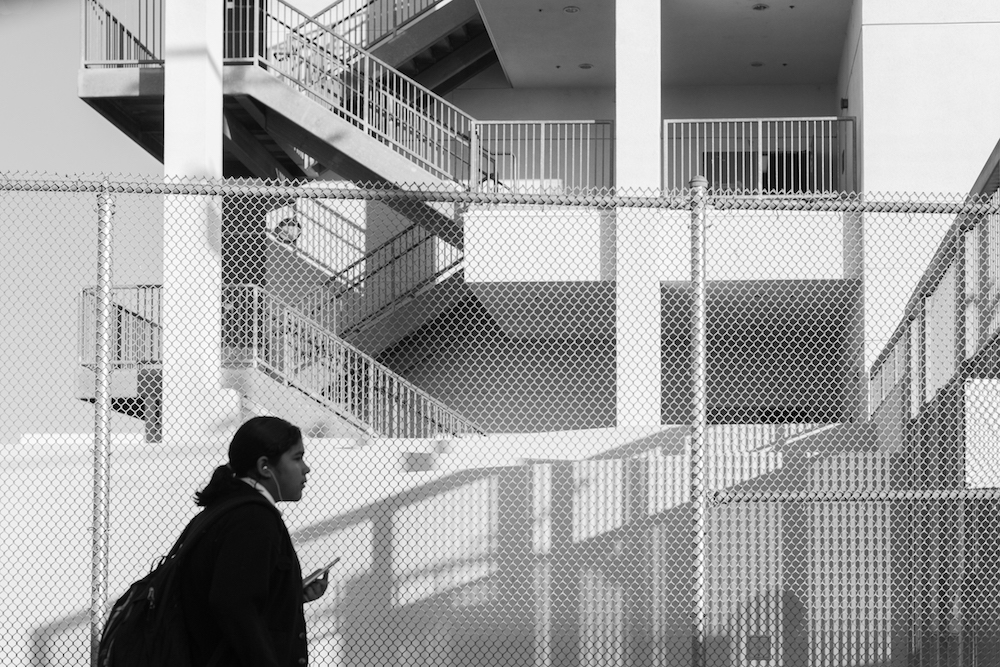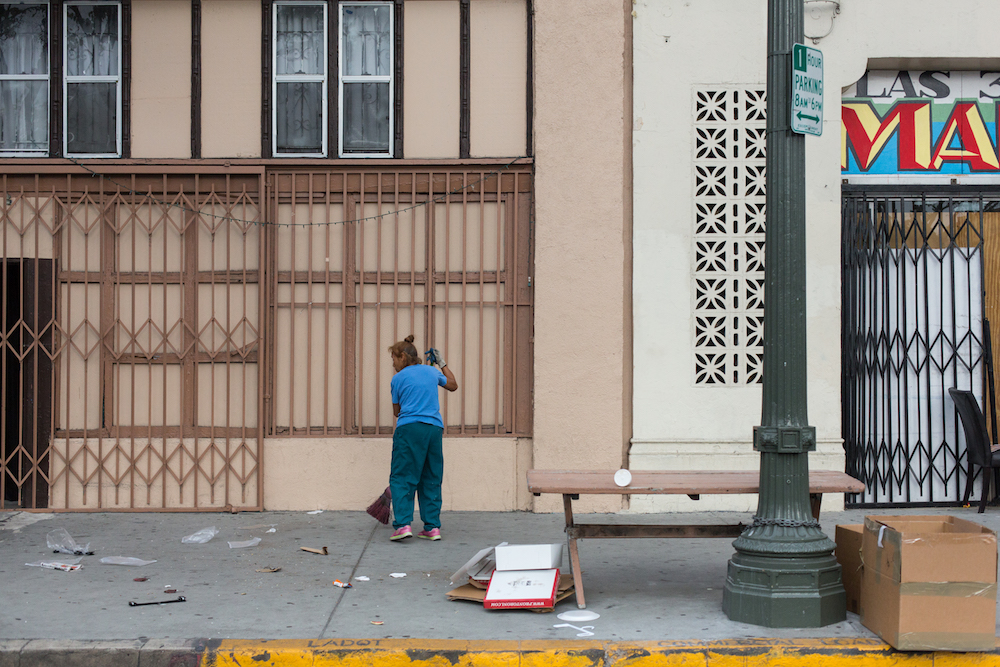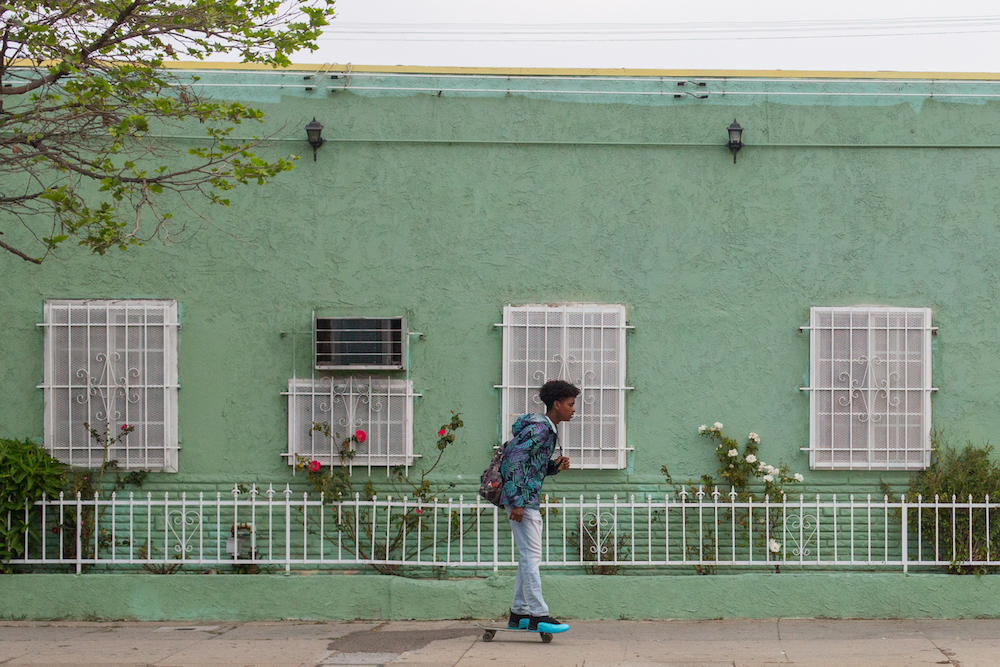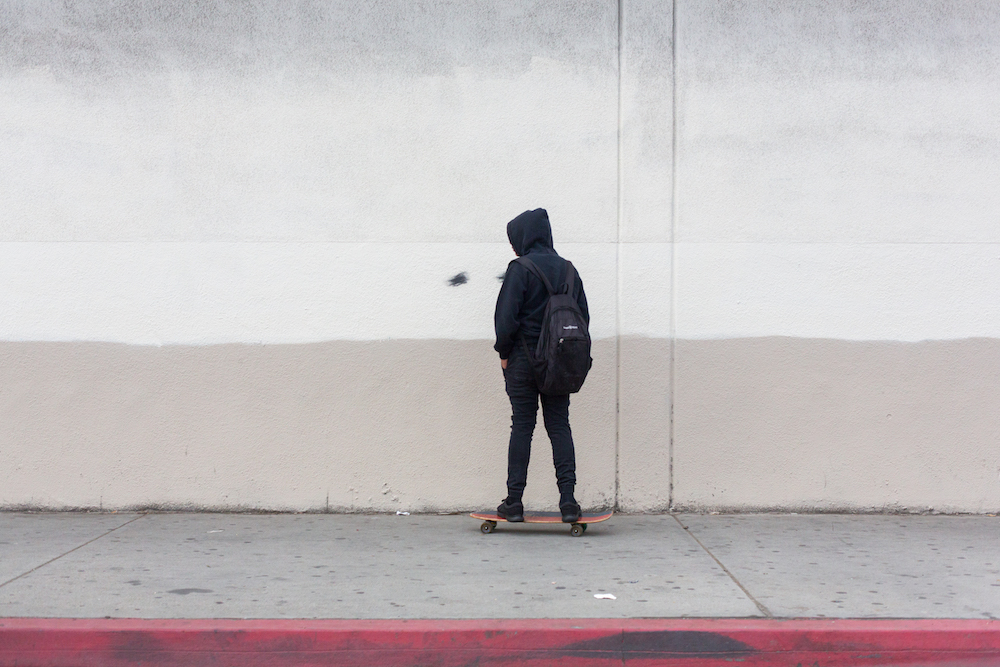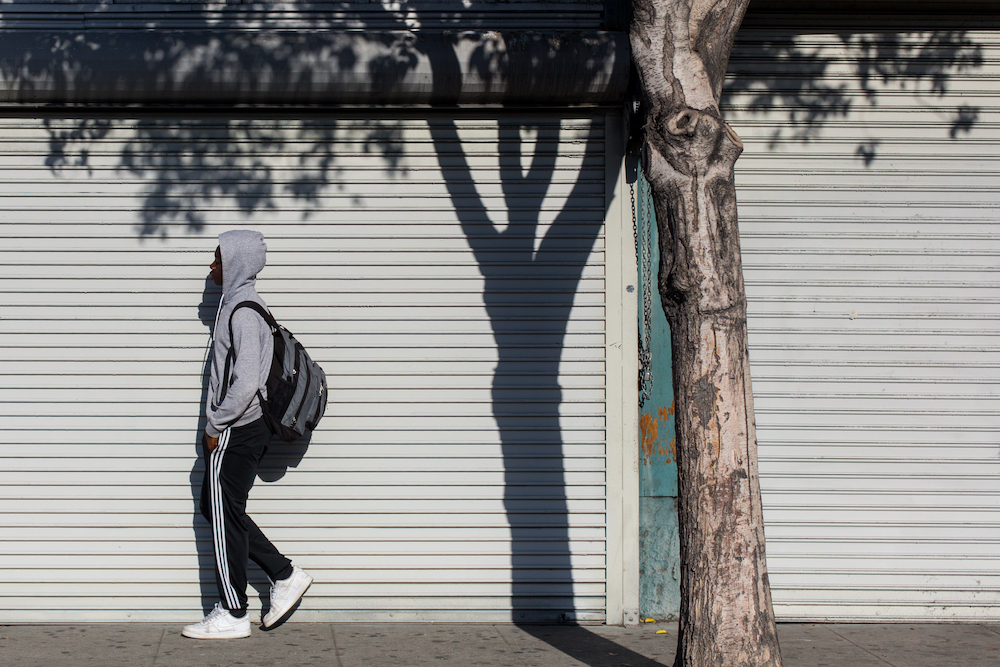Last year, a friend told me an interesting fact. The gist of it: humans haven’t evolved enough to be biologically comfortable driving over 30 mph. While airplanes fly at a much faster speed, we don’t see clouds fly past us as we do trees, people and buildings when we are in a car. Basically, regular amounts of high-speed driving triggers primal fear alerts and can cause fatigue, physical tension, and emotional stress.
This made total sense to me, so I didn’t fact check it before believing it.
Just the thought of my weekday commute made my heart race. If I left my house by 7 am and took the quickest route (the 10E to the 110S to the 91E), I would avoid traffic. Awesome. But not really because that would mean that I would start my work day at a ripe 7:28 am. Yet, if I waited until 7:01 am or later and took the same freeways, I would have to deal with brake-gas-brake driving for 45 to 60 minutes.
People love to complain about LA traffic - especially those who don’t live in Los Angeles. Oddly, even after almost 10 years, the traffic has never really been the issue for me. Instead, it’s the drivers that have led me to spin myself into a wild, irrational tizzy.
Drivers who don’t look before they change lanes or use their turn signals. Drivers who tail you even when there’s a mile-long traffic jam. Drivers who cruise at dangerously s-l-o-w speeds…in the carpool lane. Drivers who go 10 miles s l o w e r than the flow of traffic and are STARING AT THIR PHONES while driving in the left lane of a 5-lane freeway!
This fiery rage inspired me to “draft” (aka yell angry voice memos at Siri) a hypothetical OpEd piece for the LA Times that would “educate” these recklessly selfish drivers who needed a few lessons on civilized order and road ettiquette. Pass on the left, go with the flow of traffic, use your turn signals, and don’t touch your brakes unless you absolutely have to stop. To make matters worse, this was also a time that I used to catch up on all the news and commentaries about crime, climate change, politics and everything wrong in our world.
It may come as a surprise, but this problem didn’t actually start with LA motorists. It’s a sad fact, but I’ve had issues with semi-truckers, minivans, mopeds, Uhauls, porsches, priuses, Fords and Hondas from sea to shining sea. There was one time, in my mid-20s when I was driving across country by myself and I come upon a conversion van, full of men. I had been the bigger person, when I didn’t tail them during the 30 minutes they steadily drove the same speed at the other car in our two lanes going one way. When they finally passed, on their own time, I regretfully honked at them as I passed. And, not the “oh-hey-i’m-being-polite” kind of short honk, but rather the “f-you-and-f-everyone-in-a-50-mile-radius-because-i’m-insane-with-rage” kind of long honk. I threw in some hand gestures that were more passive-aggressive than overtly angry, which only made me look crazier. I wish the story stopped here. But, it doesn’t.
The van full of men chased me for 4 miles, going 90-100 mph. Panicked and terrified, I was grateful when we flew past a patrol car. Pulling us both over, we were stuck there for an hour as the county officer took statements from both of cars. While I was grateful he didn’t ticket me, I was much more grateful that he had safely stopped a potentially catastrophic event from happening.
This event was jarring. So jarring it was something I talking about in therapy. I’ve never been an angry or rash person, yet the road was a place that took over my rational thinking. The therapist’s words stuck with me throughout the years, “Can you try to just follow along? Allow yourself the freedom to not have to lead or teach anyone on the road? It may be liberating for you.”
Then I moved back to Los Angeles.
So when my friend shared this scientific “fact” (I’ve had a hard time finding the support material on this), my brain was like, “yes, we already have a gigantic file on that!”
I began asking myself, why am I so tense? Because I was anxious. I wanted to get from point A to B as fast as I could, so I could be done with driving. I was also nervous that I hadn’t checked my emails or responded to a missed call. Additionally, I was resentful that I had accounted for 20 minutes to prep for a meeting, but that slowdown had stolen it from me. And then I was feeling guilty for not prepping yesterday. Ugh. And what about the news? That opioid epidemic story was overwhelming. What about that Michael Cohen interview? All the school shootings, xenophobia, misunderstandings and white men making all the decisions. How am I not having a panic attack?
It was as if I floating outside my body and not in control of anything, a perfect state of mind for someone operating a large weapon.
Then it hit me, just like that 25-year-old driver who allegedly intentionally hit another car because the car had a Donald Trump bumper sticker.
You know that saying, about throwing stones and glass houses? I felt like I was guilty of so much hypocrisy.
I needed to change. ASAP. Obviously, I couldn’t just not drive to work, but what if I changed my route and slowed down?
As an experiment, I told myself that for1 month, I would let go of caring about how much time it took me to get to work. I wanted to treat my morning commute like I treated leisurely road trips, listening to music that made me happy and keeping my eyes peeled for photo ops.
During that month, I calmly coasted past trees, shops, schools, churches and people at a speed that felt innately comfortable. Yielding to bicyclists, eager students and hurried pedestrians, my eyes were met with so many people who were starting their days, just like me. This scenic route, through South Central Los Angeles and Compton, had me hoping for traffic jams and red lights. Not only did I capture ordinary, yet spectacular snapshots of people, but I shared countless smiles and many pleasant greetings.
Sharing a city with more than 4 million people can unfortunately make strangers feel like obstacles, rather than other humans. While it is a very primal instinct for us to be wary, competitive or unforgiving to strangers, that doesn’t mean it’s okay. These strangers, who we have unconsciously labeled as enemies, are experiencing all of life’s challenges. Grieving over the death of a loved one, raising children as single parent, moving to a new state or country where they don’t have anyone to trust, getting diagnosed with a severe health condition or being laid off.
Life is heavy and we are all traveling at biologically unnatural speeds. Perhaps, if we put our mind to it, we can be a bit more evolved than our archaic ancestors.
Driving (and anger) issues come in all shapes and sizes. And they don’t actually get resolved by taking a leisurely drive to work. While meditation, mindfulness and empathy certainly help chill out reactionary behavior, understanding how and why these impulses occur are key to ending meltdowns for good. Here are a few items that I liked:
Invisibilia podcast episodes Entanglement, True You, Future Self, Reality, The Pattern Problem…(and so many others)
HOW NOT TO BE SWEPT UP IN DRIVING ANGER via The Daily Mail
– Watch out for the illusion of control. Remember the old saying, 80 per cent of drivers believe their driving skills are above average – a statistical impossibility
– Remember our common humanity – everyone on the road, ourselves included, are merely human beings with good bits and not so good bits trying to do the best they can. We are all in this traffic together and it can be frustrating for us all
– Consider other drivers might not be malicious – we often jump to conclusions about other drivers and assume they do things on the road to affect us personally. Usually, the person’s actions are caused by benign motivations
– Avoid blame and punishment, and be forgiving – we can accept that negative events happen and that as human beings we all make mistakes. Maybe they were distracted in that moment, maybe they are in a hurry, maybe it was just a case of human error, which we’re all guilty of
– Let go of the struggle – red lights, traffic, delays, inconsiderate drivers – struggling with any of it will only make matters worse for you. We can accept and tolerate the inevitable frustration and provocation
– Breathe – slow it down, find a way to breathe that soothes you such as finding a slow, controlled rhythm, and reduce the physiological arousal associated with anger
– Speak to yourself in a friendly voice, with reassurance and validation. ‘Oh, that was a close call. You’re safe and all is OK. That person made a mistake, and we all make mistakes’
– Focus your attention on safe, calm driving, ensuring you get yourself to your destination safely and without incident

